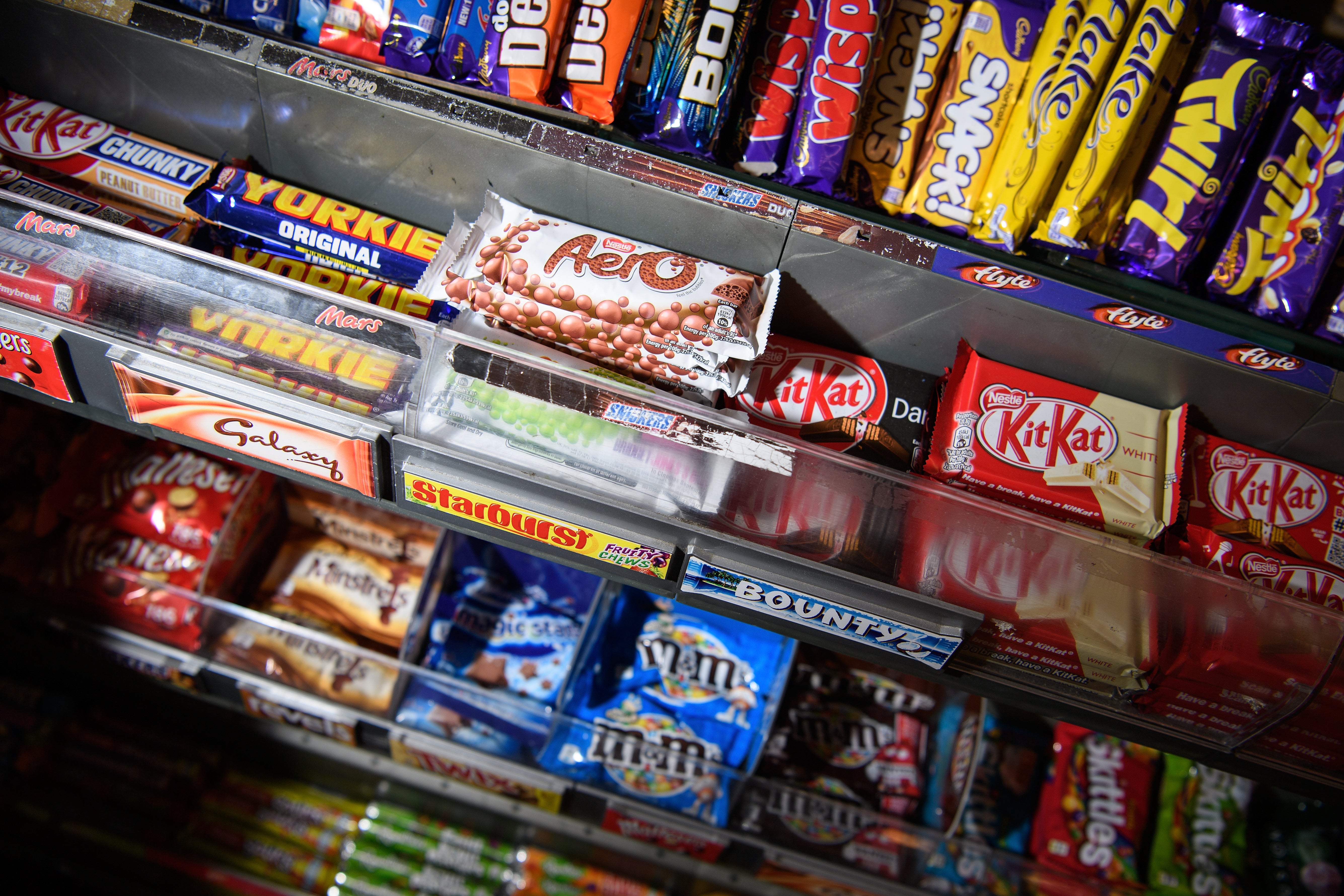
People in Wales have hit out at suggestions the government could ban meal deals from supermarkets.
In a consultation that ran from June until September, first minister Mark Drakeford’s administration asked the public for their views on a new law to tackle obesity in Wales.
Under the proposals, promotions on less healthy food and drink which are high in fat, sugar or salt – including temporary price reductions, buy-one-get-one-free offers and meal deals – could be banned.
In a statement it said was to “clarify” some recent reports, a Welsh government spokesperson said: “We are considering the next steps on price promotions and locations and no final position has been made following the public consultation.
“We are not proposing to ban meal deals themselves but to consider whether there should be restrictions on high fat, salt and sugar products, that may be part of a meal deal.”
But the Welsh Retail Consortium warned that the plans could limit the choice available to consumers, and warned it would be “regressive and irresponsible” to push up prices even further with “no evidence” that it would significantly improve public health.
Sara Jones, the head of the consortium, told BBC Radio Wales that, although its members could back certain proposals, including multi-buy bans, targeting meal deals and seasonal promotions would have a “disproportionate” impact on producers in comparison to the health benefits.
“People like myself, a busy mum of two, I am looking for a quick lunch option,” Ms Jones said. “I’m not going to over-consume because of those purchasing decisions and by banning those it will just lead to restrictions in terms of availability and affordability in terms of the consumer.

She added: “With inflation running at a 18-year high it would be regressive and irresponsible to put up costs in this manner with no evidence at this time that it would significantly improve public health.”
The national broadcaster spoke with a number of Cardiff residents about the proposals last weekend.
“Without meal deals, I would be lost,” said one 22-year-old, named Conor. “There are plenty of healthy options, it’s down to the individual if they get crisps or fruit. A meal deal is convenient and cheap. It’s the stupidest idea I’ve heard.”
Rhys, aged 24, said: “I love a meal deal, and it’s healthier than a McDonalds or a KFC”, while Asha, who is a year older, said: “I think meal deals are a good thing because it’s cheap – you can get three things for the price of one. Money is a big thing.”
Dan, aged 45, added: “I would say it’s a little ridiculous. We live in a city where there is a Greggs on every corner. All the prices are going up, so if you can get a lunch for £3 or £3.50, I don’t see why not. Meal deals are not the obesity choice.”
Boris Johnson’s government had proposed new laws to tackle obesity in England in July 2020, including banning “buy-one-get-one-free” promotions of foods high in sugar and fat. But the plans have yet to come to light, with ministers citing concerns about the cost of living crisis.
James Lowman, chief executive of the Association of Convenience Stores, told the BBC that the rules proposed in Wales were “unnecessarily inconsistent” with those already agreed in England.
He warned this would put “additional pressure on retailers to start from scratch on store layouts”, costing them thousands of pounds.







